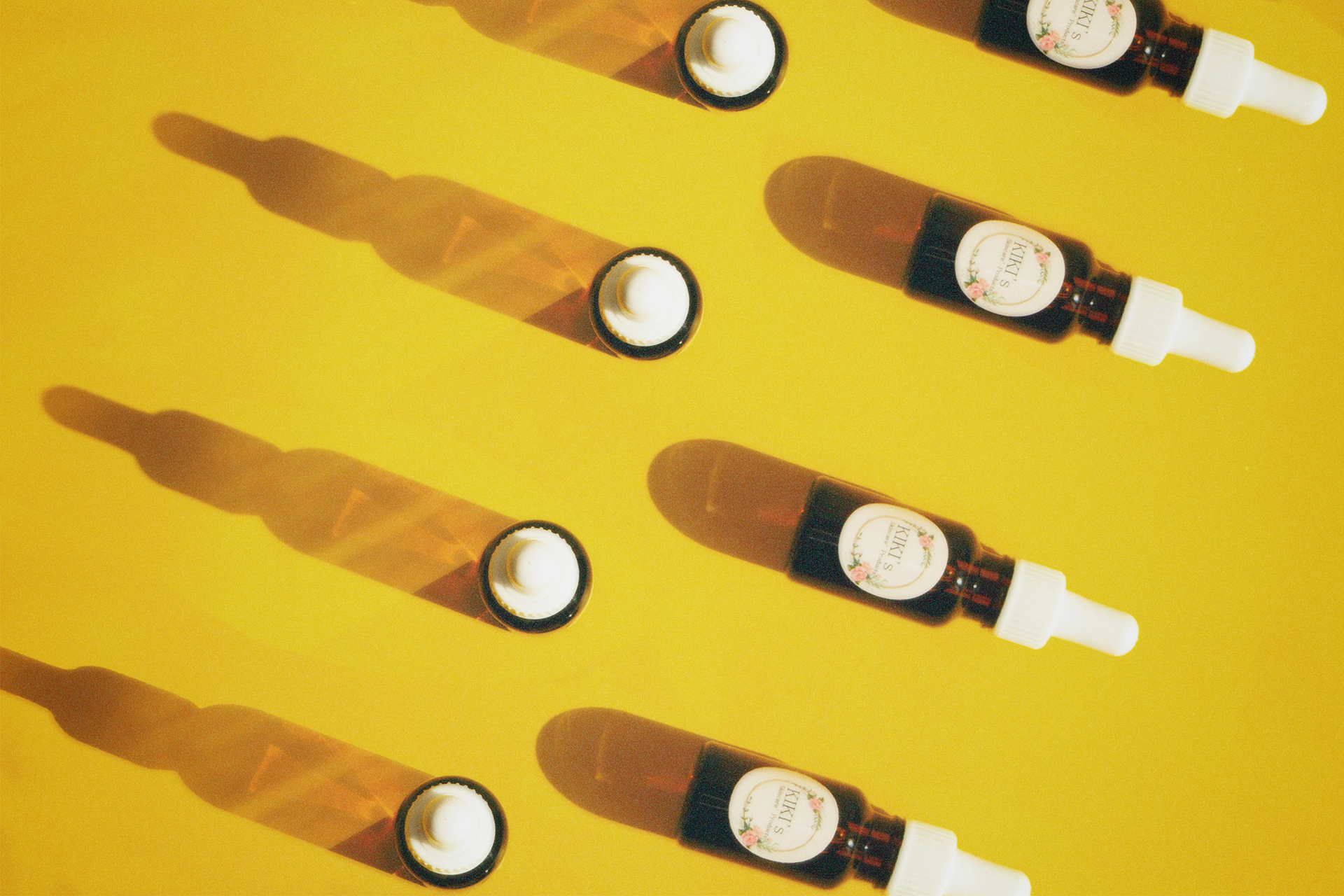In today’s fast-paced world, stress has become an unavoidable companion for many of us. While the mental and emotional toll is often discussed, the effects of stress on the skin are less frequently acknowledged but equally significant. From breakouts to premature aging, stress can manifest in various ways on your skin. Understanding how stress impacts your skin and learning effective strategies to combat these effects can lead to a healthier complexion and a more balanced life. This article delves into the science behind stress-related skin issues and offers practical tips for maintaining your skin’s health amidst life’s inevitable stresses.
Understanding the Stress-Skin Connection
The Science of Stress: Stress triggers the release of cortisol, the body’s primary stress hormone. Elevated cortisol levels can lead to a plethora of skin problems. It disrupts other hormones, which can exacerbate skin conditions like acne, eczema, and psoriasis. Furthermore, stress compromises the skin’s barrier function, leading to dehydration, increased sensitivity, and an inability to protect itself effectively from environmental aggressors.
Visible Effects of Stress on the Skin:
- Acne and Breakouts: Under stress, increased oil production can clog pores and lead to breakouts.
- Dullness and Dryness: Stress impairs skin barrier function, leading to moisture loss and a lackluster appearance.
- Redness and Inflammation: Stress can trigger inflammation, leading to redness, blotchiness, and flare-ups of conditions like rosacea.
- Fine Lines and Wrinkles: Chronic stress contributes to the breakdown of collagen and elastin, the fibers responsible for keeping skin firm and elastic.
Top Strategies to Mitigate Stress-Induced Skin Damage
1. Prioritize Sleep: Sleep is a powerful stress reducer. Committing to 7-9 hours of quality sleep per night can significantly lower stress levels, thereby reducing its impact on your skin. Sleep also allows the skin to repair itself, so consider enhancing your nighttime skincare routine with products rich in active ingredients like retinol or peptides to support skin regeneration.
2. Establish a Soothing Skincare Routine: Incorporate products that address stress-related conditions. Look for ingredients such as:
- Hyaluronic Acid: for hydration.
- Niacinamide: to improve barrier function and reduce inflammation.
- CBD or Aloe Vera: for their calming and anti-inflammatory properties. Additionally, the ritual of a skincare routine can itself be a form of stress relief, providing a moment of care and pause in your busy schedule.
3. Mindful Practices: Mindfulness and meditation can reduce stress and its skin-related manifestations. Practices like yoga or even 10 minutes of daily meditation can decrease cortisol levels and improve your overall skin health.
4. Healthy Diet: Foods high in antioxidants can combat oxidative stress. Incorporate a diet rich in colorful fruits and vegetables, nuts, and fatty fish to support skin health and resilience against stress. Avoid high-sugar and high-fat diets, which can exacerbate stress and inflammation.
5. Regular Exercise: Exercise increases blood flow to the skin and helps reduce stress. Activities like walking, cycling, or swimming can improve your physical and mental health, reflecting positively on your skin.
6. Stay Hydrated: Dehydration worsens the physical manifestations of stress on the skin. Drinking ample water throughout the day helps maintain the skin’s elasticity and appearance, aiding in detoxification and delivering essential nutrients to the skin cells.
7. Professional Skincare Treatments: When home remedies aren’t enough, professional treatments like facials, LED therapy, or microdermabrasion can be beneficial. These treatments can help manage the severe effects of stress on the skin, such as deep wrinkles and significant inflammation.
8. Digital Detox: Reducing screen time, especially before bed, can decrease stress and improve sleep quality. Limit exposure to digital devices to protect your skin from blue light and to give yourself time to unwind.
Conclusion
The link between stress and skin health is undeniable. By integrating stress-reduction techniques and adjusting your skincare routine, you can significantly mitigate the adverse effects of stress on your skin. Remember, the goal is to create a sustainable lifestyle that includes stress management, not just for your skin’s sake but for your overall well-being. Embrace these strategies not as chores, but as parts of a holistic approach to a healthier, more vibrant you.




